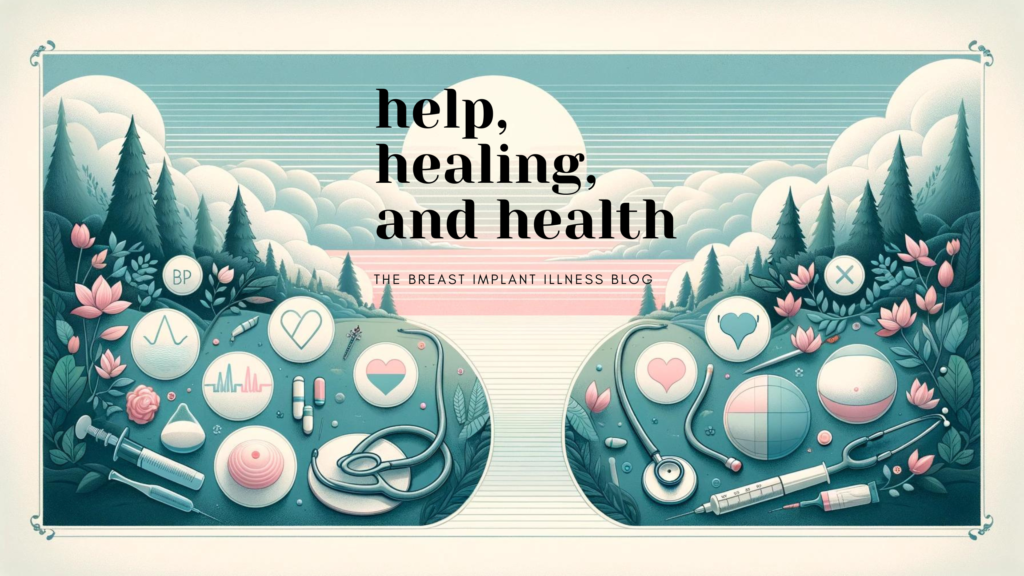Introduction:
In recent years, a term has been circulating within the healthcare community and among patients with breast implants: Breast Implant Illness (BII). This post aims to shed light on what BII is, the symptoms associated with it, and why it has become a subject of controversy and debate in medical circles.
What is Breast Implant Illness (BII)?
Breast Implant Illness is a term used by patients and some healthcare providers to describe a wide range of symptoms believed to be directly related to silicone, saline, and textured breast implants. It’s important to note that BII is not an official medical diagnosis but a term that has emerged from the experiences of thousands of women who have reported similar health issues post-implantation.
Symptoms Associated with BII
The symptoms reported by individuals with BII are varied and often systemic. They can include, but are not limited to:
- Chronic fatigue and weakness
- Joint and muscle pain
- Cognitive problems like brain fog and memory loss
- Autoimmune-like symptoms
- Skin rashes and hair loss
- Gastrointestinal issues
- Respiratory problems
These symptoms can significantly affect quality of life and are often chronic.
The Controversy Surrounding BII
The controversial nature of BII stems from several factors:
- Lack of Scientific Consensus: There is no definitive scientific evidence directly linking breast implants to these broad-ranging symptoms, leading to skepticism within parts of the medical community.
- Symptom Overlap with Other Conditions: Many symptoms of BII mimic those of other autoimmune and inflammatory diseases, making it challenging to pinpoint the exact cause.
- Patient Experiences vs. Clinical Data: While thousands of women report symptoms consistent with BII, most clinical studies have not found a significant correlation between breast implants and systemic illness, leading to a divide between patient experiences and clinical data.
- Implant Safety: Despite the FDA’s approval of silicone and saline breast implants, debates continue about their long-term safety and potential to cause illness.
Conclusion: A Call for More Research and Understanding
Breast Implant Illness remains a complex and emotionally charged issue. While the medical community continues to research and debate, it’s crucial to listen to and validate the experiences of those suffering from these symptoms. More research and a better understanding of BII are essential for providing appropriate care and support to those affected.





